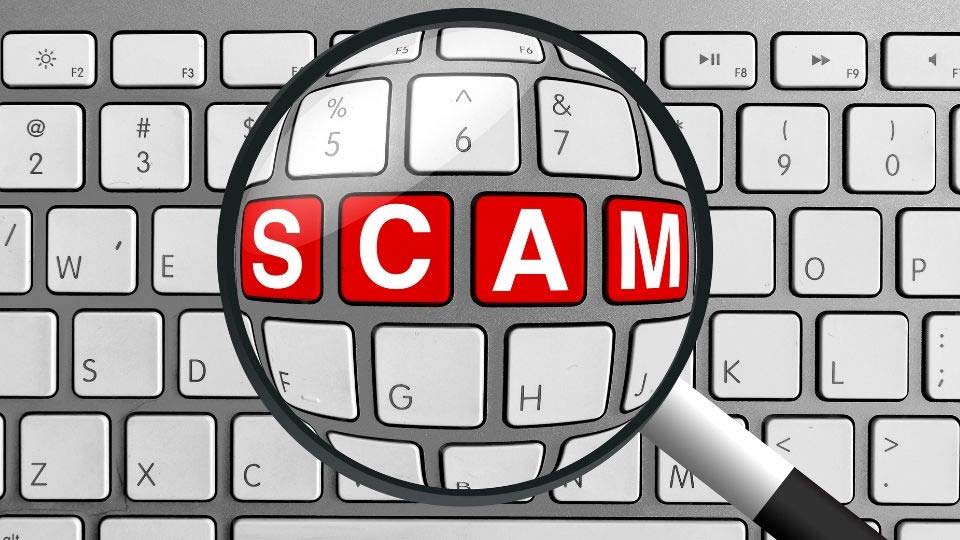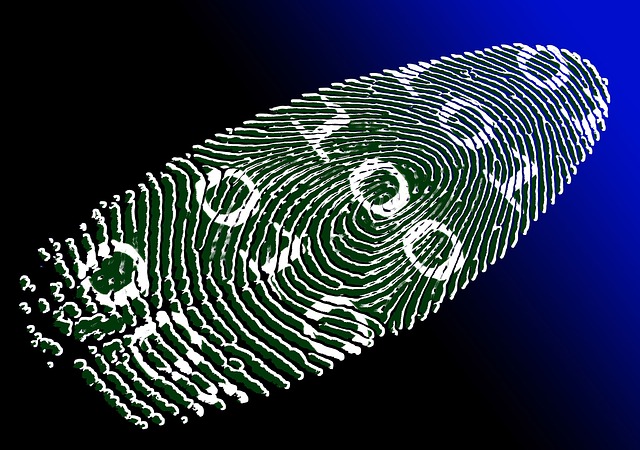
9 tips on how to spot translator scammers


Some while ago, I had written a post on scammers and how to avoid them. If that post was written from a freelancer’s point of view and it touched on scammers posing as clients, this post is written from an agency’s point of view and it touches the fake/scammer translators aspect.
Since the translation industry in the UK is somehow unregulated – there is no such thing as authorised/certified/ sworn translator, basically anyone can call themselves a translator.
One thing we have noticed lately is a surge in fake translators posing as the real deal. How? Most of the times they impersonate genuine translators by using their names and /or CVs. How to avoid having your CV stolen? There are quite a few posts on the matter and Marta Stelmaszak has written a comprehensive one on her blog on steps you can take to avoid being a victim.
This post is for agencies and outsourcers and also clients who want to make sure they work with professional translators and not scammers. We have received dozens of fake CVs and most (if not all) of them have a few things in common that bear all the tell-tale signs of a scammer:
1) They send their CV although you have an application form on the website
While not necessarily everyone who sends their CV this way is a scammer, we haven’t had a scammer filling in the application form. I suppose they can’t be bothered. It’s easier to just send bulk emails.
2) The recipient is not you
One other sign is that in the To field of the email, invariably you’ll see undisclosed-recipients, meaning they have sent the same email to a bunch of agencies, hoping one will actually take the bait.
3) Poor level of English
In our profession, it is expected that people we work with are very skilled linguists and a poor level of English in the cover email should be viewed as suspicious. I am not talking about the odd typo or small mistakes (we are all prone to make them, native speakers and non-native speakers alike; I know I’ve done my share), but blatant ones, such as in the examples below.
I live in Italy and so is my nationality.
I have BA in translation in from: Italian Certification as a flight attendant.
Language pairs: Italy to English to Italy
4) CV formatting – different fonts
If their CV looks like a mishmash of different fonts and layouts, the probability is that the CV has been stolen form various translators and the lazy scammer has just done some copy-pasting.
5) Contradicting info:
- Date of birth: 1964; started working as a translator: 1969 Wow! That must be a new record or something 🙂
- Name of the person emailing you is different from the person signing it or the name that appears on the CV.
6) Very low rates
We know there are also agencies that charge ridiculous rates (that is another story), but I for one am very reluctant if a professional translator charges £0.02/word for example. I have noticed however that even scammers have started to raise their rates, maybe to alleviate suspicions.
7) The author of the CV is different
As others have already explained, look at the author of the CV (in the document properties). If it is not the same as the person claiming they are, it may be stolen. I use the word ‘may’ as there may be the odd case where they used a template created by someone else, so don’t use this as the only criterion, but do consider it important.
8) The same CV is used by various people

Sometimes all you have to do is run a small excerpt from the CV through Google search (using the exact match function) and you will instantly be able to notice whether the same CV has been circulating on the Internet under different identities. It also wouldn’t hurt to alert the victim that his or her CV was stolen.
9) Check the Translator Scammers Directory website
Last but not least, I would like to thank the Translator Scammers Intelligence Group. They are doing an amazing job and I cannot thank them enough for their efforts to put together an extensive list of scammers along with the details we should be looking for. I must admit that it is the first place I check if I receive a suspicious CV and more often than not the names were there, saving me a lot of time and hassle. Just the other day I sent them a number of new names, as it seems these scammers are relentless. I encourage you to do the same and send them any emails you receive from scammers, so we can all benefit from an updated list.
I hope I haven’t missed any points. If I have, please do let me know and I hope the more we write about this issue and we spread the news (like the famous song goes), the less the chance to become a victim.



10 Comments
This is a very usuful information. Thanks for sharing. I recently was looking for Ukrainian professional translator and encounterd a few of these scammers.
Thank you, Galina. What were the signs that made you realise they were scammers and what did you do?
Thank you, Alina, for spreading the word about these scammers.
As I said, I (and many people, I’m sure) thank you for putting together that list. I just hope that more and more people will keep spreading the word.
Hi there,
one more hint – they never give a phone number – clearly, they wouldn’t want you to call, what with their lack of English (as mentioned above).
Also, there often is very shoddy spacing (mostly where they cut-and-paste information in).
They are the bane of my (professional) existence and it has become a rare and welcome moment of light relief when I receive an actual real translator’s CV!!
Hi Péa, thanks for stopping by. Indeed, most of them do not list a phone number and that is almost always a red flag. Weird formatting (as they cut and paste from various CVs, thus resulting in paragraphs of different sizes and fonts) is another one, thanks for adding it.
Do you use the Translation Scammers Directory to check for names/emails?
When you receive fake ones, do you report them to the TSD?
Dear Alina,
I’ve been a victim of one of these scammers. He/she stole my CV and has even created a hotmail and a Gmail with my name and Is now sending it everywhere. What should I do? I have already been to the police station and have filed a claim but that’s not enough I am sure. Can I cancel those e-mails impersonating me?
Thanks
Persio
Sorry to hear that, Persio, must have been a horrible experience. As you don’t have access to those emails addresses created by the scammer, you have no control over them, but there are some steps you can take in order to limit the damage:
1. Inform all your clients about the scam and let them know that the only genuine emails come from your address and they should ignore those received from other addresses.
2. Put a notice on your website (and on any other online profiles you have) about it, along with your email address.
I hope this helps.
You did not mention the fact of their email address. You will always find they use gmail or hotmail, as these cannot be traced back, but there is often a telltale sign in the full message header, such as the name “Ahmed”. The scammers are now better at ensuring a)that their name on the c.v. matches the name they use as a translator, something that was not always the case. In their c.v.s there are some extraordinary claims, such as having a Ph.D. in theoretical physics! Why would you need to earn your living as a translator if you had qualifications such as these? They are also increasingly claiming membership of professional bodies such as the ITI, the CIOL, etc. Go to the websites of these professional bodies and look up the names and see if the names and address details match the c.v.
Thanks for reading and commenting, Josephine. Regarding the email address, the reason I did not mention it is because there are a lot of translators, genuine professional translators, who have Gmail/Hotmail/Yahoo email addresses. That alone is not an indication. Also, there have been a few scammers around with “professional” email addresses.
Regarding extraordinary claims: well, nothing wrong for a physician with a PhD to work as a translator 🙂 It may be a choice that goes beyond earning a living – more freedom, less stress etc. But if they claim to work for $0.05/word, that should certainly ring some alarm bells.
Memberships can and should be easily verified, so no excuse for those who fail to do so. I have never been scammed (touch wood) and it takes me very little time in fact to spot a fake application or a scammer. I hope this post will help others do the same.